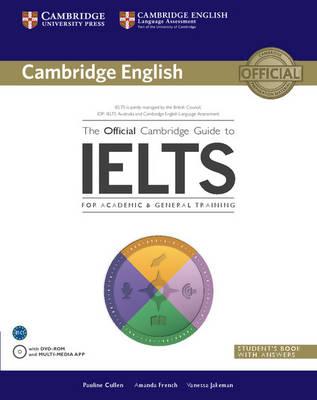English
- استرجاع مجاني وسهل
- أفضل العروض
The Irish Establishment 1879-1914 hardcover english - 11 October 2009
الآن:
932.00 د.إ.شامل ضريبة القيمة المضافة
 توصيل مجاني
توصيل مجاني
احصل عليه خلال 28 يناير

احصل على د.إ. 46.60 رصيد مسترجع باستخدام بطاقة بنك المشرق نون الائتمانية. اشترك الآن. قدّم الحين




1
توصيل مجاني لنقطة نون ومراكز الاستلام
معرفة المزيد
إرجاع سهل لكل المنتجات في هذا العرض.

المنتج كما في الوصف
70%
شريك لنون منذ
7+ سنينالمواصفات
| الناشر | Oxford University Press |
| رقم الكتاب المعياري الدولي 13 | 9780199233229 |
| اللغة | الإنجليزية |
| وصف الكتاب | The Irish Establishment examines who the most powerful men and women were in Ireland between the Land War and the beginning of the Great War, and considers how the composition of elite society changed during this period. Although enormous shifts in economic and political power were taking place at the middle levels of Irish society, Fergus Campbell demonstrates that the Irish establishment remained remarkably static and unchanged. The Irish landlord class and the Irish Protestant middle class (especially businessmen and professionals) retained critical positions of power, and the rising Catholic middle class was largely-although not entirely-excluded from this establishment elite. In particular, Campbell focuses on landlords, businessmen, religious leaders, politicians, police officers, and senior civil servants, and examines their collective biographies to explore the changing nature of each of these elite groups. The book provides an alternative analysis to that advanced in the existing literature on elite groups in Ireland. Many historians argue that the members of the rising Catholic middle class were becoming successfully integrated into the Irish establishment by the beginning of the twentieth century, and that the Irish revolution (1916-23) represented a perverse turn of events that undermined an otherwise happy and democratic polity. Campbell suggests, on the other hand, that the revolution was a direct result of structural inequality and ethnic discrimination that converted well-educated young Catholics from ambitious students into frustrated revolutionaries. Finally, Campbell suggests that it was the strange intermediate nature of Ireland's relationship with Britain under the Act of Union (1801-1922)-neither straightforward colony nor fully integrated part of the United Kingdom-that created the tensions that caused the Union to unravel long before Patrick Pearse pulled on his boots and marched down Sackville Street on Easter Monday in 1916. |
| المراجعة التحريرية | notable contributions to understanding the decline and death of union in the late nineteenth and early twentieth centuries ... intricate and granular researches * Alvin Jackson, The Journal of Modern History * Campbell's research is altogether impressive and its results are clearly and eloquently presented: there is no question that he has produced an important study, which will remain a classic in its field. * Eugenio F. Biagini, English Historical Review * a highly recommended study of outstanding scholarship which will be of interest to those interested in late nineteenth- and early twentieth-century Ireland. * Gerard Moran, History * This is an excellent book, intelligently written and well worth reading * K. Theodore Hoppen, Journal of Ecclesiastical History * This groundbreaking study...bristles with provocative insights and conclusions... Campbell's book is a significant advance in the history of the last years of the Castle regime and the Irish establishment and will be required reading for students of the period. * Martin Maguire, Irish Journal. * A remarkably detailed and wide-ranging monograph on Ireland's social elite in the last four decades of the Union. * N. C. Fielding, 20th Century British History * |
| عن المؤلف | Fergus Campbell was born at Carlisle, England on 15 March 1970. He was educated at St. Margaret Mary's and the Newman school, Carlisle, before attending Wadham College, Oxford and Bristol University. He has taught at the Queen's University, Belfast, NUI Maynooth and Newcastle University where he is currently a lecturer in modern British and Irish history. |
| تاريخ النشر | 11 October 2009 |
| عدد الصفحات | 364 |
The Irish Establishment 1879-1914 hardcover english - 11 October 2009
تمت الإضافة لعربة التسوق
مجموع السلة 932.00 د.إ.


























































































































